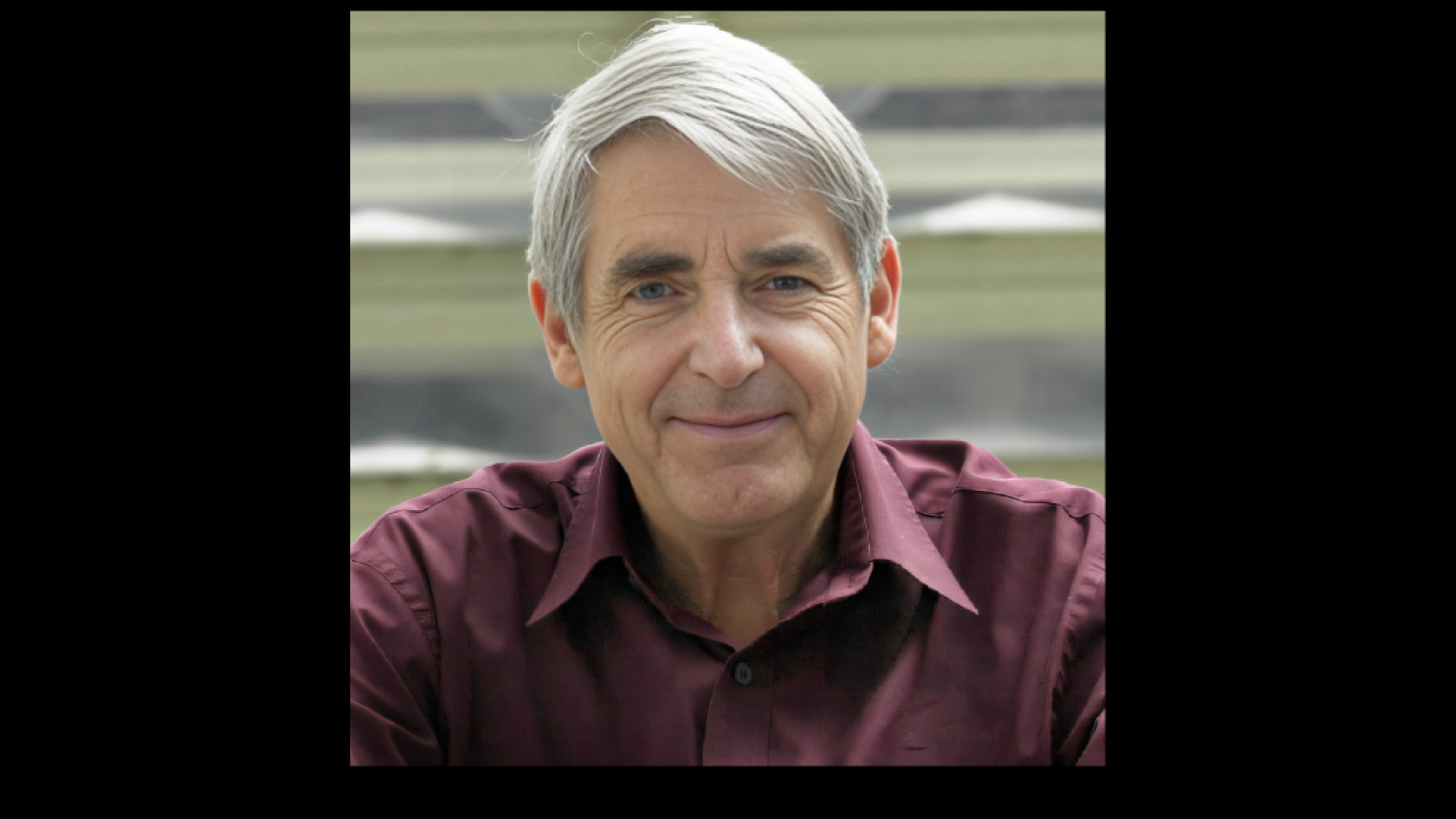In memory of Emeritus Professor Anthony Reid

Emeritus Professor Anthony Reid was an eminent scholar whose research on Indonesia and Southeast Asia shaped the field of Asian history. Professor Reid’s career spanned continents: he received his undergraduate degree from the University of Auckland and his doctoral degree from Cambridge University, and went on to teach Southeast Asian history at University of Malaya (1965–1970) and the Australian National University (1970–1999); he then spent three years at the University of California Los Angeles, before moving to the National University of Singapore (NUS), 2002–2007; from 2009, Professor Reid returned to the Australian National University where he remained an active emeritus professor.
Through his scholarship, Professor Reid was the foremost champion of a holistic understanding of Southeast Asian history, and he viewed the region as an enduring and integrated community, bound together by its myriad waterways. With his omnivorous interest in methods and themes, he strove to uncover insights into the lives of ordinary Southeast Asians. He compensated for gaps in the available written sources by eclectically adopting ideas from interdisciplinary approaches to the past and drawing on the findings of social and natural sciences.
In his early publications, Professor Reid made significant contributions to our understanding of the Indonesian Revolution. Out of his doctoral research at the University of Cambridge, he maintained a lifelong specialisation in the history of Aceh and northern Sumatra. Later in his career, he examined the underappreciated role of natural disasters in Southeast Asia’s long-term patterns of development. But many would agree that his greatest impact came from his articulation of Southeast Asia’s place in the early modern world, most famously expressed in his two-volume Southeast Asia in the Age of Commerce, 1450–1680. Inspired by Fernand Braudel’s epic study of the Mediterranean world, he argued that the strengthening of maritime links created an ‛age of commerce’ across Southeast Asia between the 15th and 17th centuries. This age was marked by commercial dynamism, religious transformation, urban growth, social change and local autonomy.
Professor Reid’s analysis provided concrete justification for the idea of Southeast Asia as a historical unit, whose cohesion emerged out of economic engagement and cultural sharing. This idea runs counter to Nationalists’ focus on political unity through state sovereignty, delimited by sharp boundaries of identity and territory. Professor Reid celebrated the age of commerce as a time of civilised self-determination, thereby rejecting colonialist theories about the decadence or backwardness of Southeast Asian societies. His ambitious body of work offers us a grand historical vision of Southeast Asia as an open, active, interconnected, and dignified community. The moral force of this vision is Professor Reid’s richest legacy.
Professor Reid was an evocative storyteller, not only at the largest scale of ‛the lands below the winds’, but also in his exquisite case studies and biographical portraits. He highlighted topics that are often marginalised in the official histories of Southeast Asian states: women, slavery, the Chinese diaspora, non-scriptural religion, and natural disasters. His work went beyond the confines of the colonial archive, the parochialism of national pride, and the nitty-gritty of orientalist scholarship, for the sake of the big picture: Southeast Asia as a tight-knit region reaching out to the world. This holistic approach continues to offer fruitful strategies for incorporating this once-peripheral region into global history.
Professor Reid’s long and remarkable career was unique in that he was both a prolific scholar and skilled institution-builder. At the University of California, LA, Professor Reid established the Southeast Asia Center, and at NUS he became the founding director of the Asia Research Institute (ARI), which remains Asia’s foremost hub for humanities research on the region. Even at the very late stage of his career, Professor remained a passionate supporter of humanities research in Asia and was saddened by the decline in Southeast Asian studies, particularly history, in many Australian universities. In 2022 he established the Australian National University's Tony and Yohanni Johns Lecture series, which honours the scholarly contributions of his peers Tony and Yohanni, and highlights contemporary scholarship on Southeast Asia in the humanities and social sciences. Throughout his career he was also encouraging and obliging towards postgraduate students and early career researchers. Always ready to discuss research findings or offer advice on career advancement over coffee or lunch, Professor Reid was invariably generous with his time and thoughts.
Professor Reid thus leaves behind remarkable academic legacies, both scholarly and institutional, that will continue to influence generations of students of Southeast Asia.